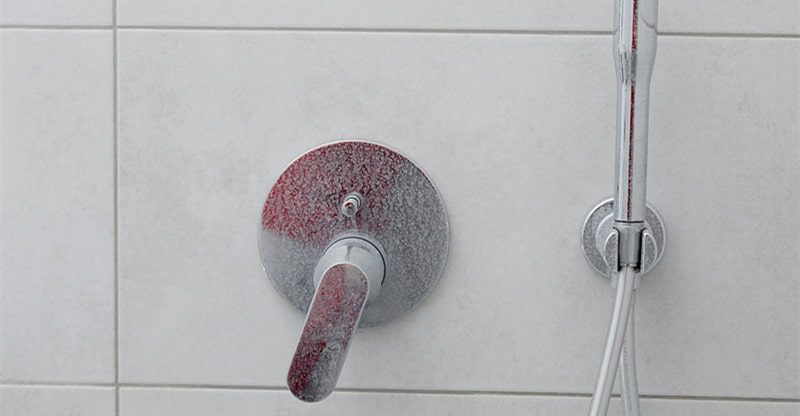How To Prevent Hard Water Stains
Hard water is a messy problem all throughout the United States of America, Europe, and other significant parts of the world. It’s the culprit behind those nasty white stains you keep seeing on dishes, bathroom fixtures, and other surfaces.
This happens because you have excessive hard minerals in your water supply, typically calcium, lime, and magnesium, which are responsible for the formation of limescale. This ugly formation is hard (or better said tedious) to remove, so it’s best to prevent it completely. Let’s see what you can do to protect yourself from it.
Water Purification
Certain water filtration systems work as purifiers, in the sense that they try to strip the water of absolutely everything except, well, water.
In this sense, if you buy a water purification filter, you’ll get 100% pure water with no minerals, pollutants, or other elements. To do this, you can browse through the variety of Valuetrex Water Filters or other companies’ water purification solutions.
Water Softener
Softeners work in a completely different manner when compared to water filters or water purification systems. Instead of filtering out organic and inorganic compounds, water softeners use sodium to start the ion exchange process and actively remove hard minerals from your water supply.
However, do keep in mind that water softeners are either banned or heavily regulated throughout a daily high number of states. You can join in on the discussion around this topic throughout multiple forms on the web.
Reverse Osmosis System
Most commonly referred to as RO systems, these behemoths feature a semipermeable membrane through which the device forces the water to pass. The result is one of the cleanest water supplies you’ll ever see, with the ability to filter out hard minerals and many other pollutants.
RO systems are highly preferred by restaurants for the fact that they remove chlorine and hardness effectively. This way, customers can enjoy great-tasting water and chefs can use pure water to cook their dishes in the most appropriate way possible.
Water Descaler
A water descaler works similarly to a water softener, but essentially in an unrecognizable way. Whereas a water softener exchanges sodium and hard mineral ions, a water descaler actively reshapes mineral crystals to make them less sticky, thus leaving the beneficial minerals in the water without them affecting your plumbing, surfaces, and so forth.
Basically, if you want to be able to keep drinking your water without the risk of sodium overdose, then you should really consider a descaler instead of a softener, as it does not waste any water, doesn’t contaminate the drainage, and isn’t regulated by authorities.
Try to Keep Surfaces Dry
If you can’t afford any permanent water stain prevention method, then the next best thing you can do is avoid spraying water all over the place. If hard water can’t make contact with a surface, it can’t leave its mark on it. Simple as.
Sometimes it might be hard to do so, but, for example, if you’re showering and water sprays all over without you realizing it, a neat trick is to wipe the affected surfaces dry before the hard minerals have time to settle onto the surface.
Keep Cleaning Frequently
Speaking of cleaning right after you spill water, the same rule applies in general. Keep the surfaces clean as much as you can, and you’ll see far less scale buildup throughout time. Remember to use products made especially for hard water and limescale so that you won’t find any more scale buildup.
The Bottom Line
Hard water affects most of the modern world and it can get annoying very quickly. To prevent hard water stains, use one of the methods presented in this article to keep your plumbing safe, your washing machine and dishwasher running smoothly for years to come, and to keep your dishes and fixtures looking brand-new for longer. We hope that you have found this article informative and helpful for your situation.



